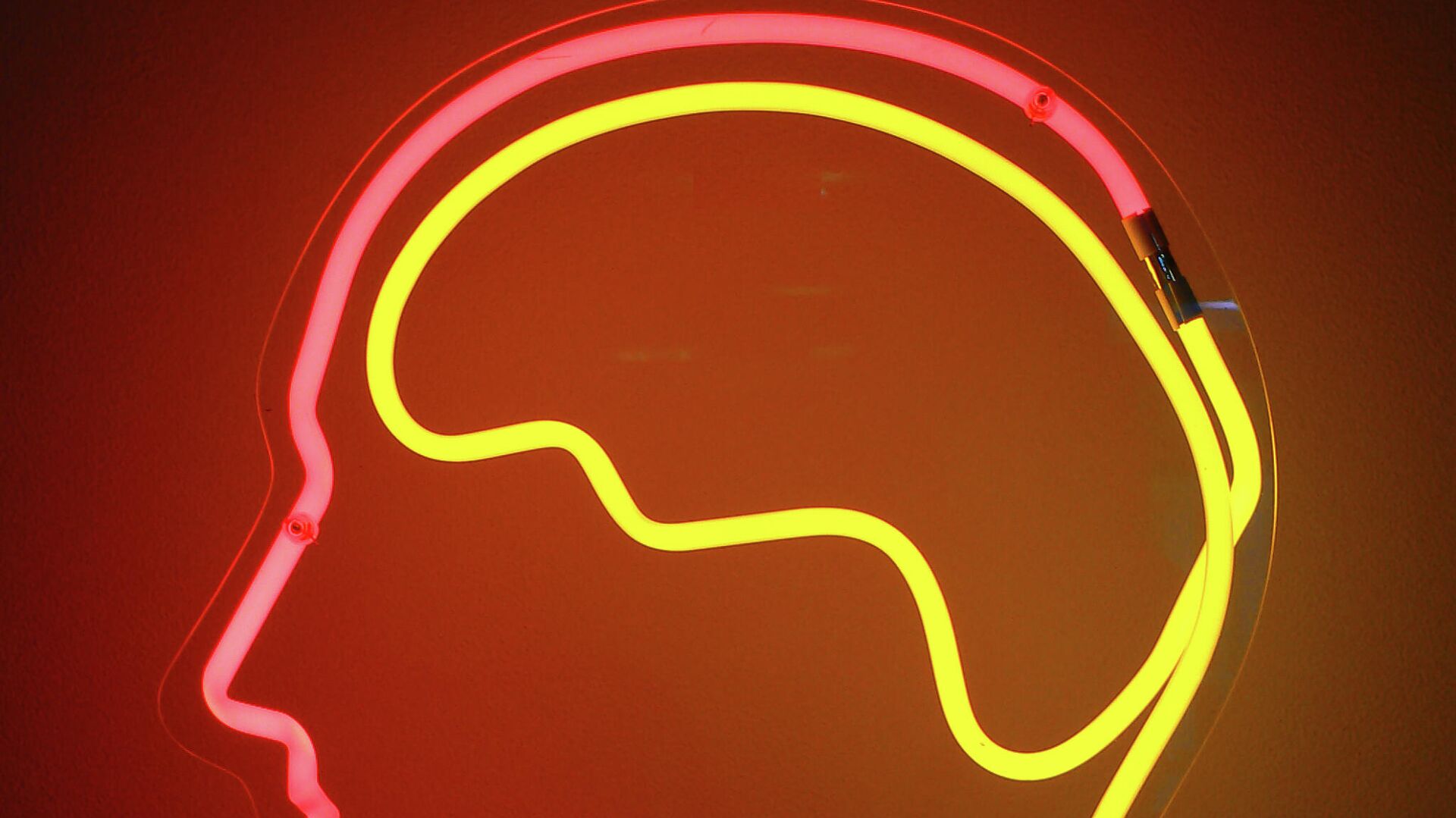https://sputnikglobe.com/20220607/why-do-we-remember-bad-things-better-new-study-has-the-answer-1096097223.html
Why Do We Remember Bad Things Better? New Study Has The Answer
Why Do We Remember Bad Things Better? New Study Has The Answer
Sputnik International
As time goes by, it is increasingly difficult to remember things that have not scared or stunned us, while frightening events stick in our memory way easier. 07.06.2022, Sputnik International
2022-06-07T17:52+0000
2022-06-07T17:52+0000
2022-06-07T17:52+0000
science & tech
fear
brain
memory
https://cdn1.img.sputnikglobe.com/img/07e6/02/18/1093350396_0:211:2047:1362_1920x0_80_0_0_a68ec695b67da484f008dabce50fbb84.jpg
There is a scientific explanation as to why our brain remembers bad things better than pleasant events, according to researchers from the Tulane University School of Science and Engineering and Tufts University School of Medicine.The study was published in the journal Nature Communications.It appears that the stress neurotransmitter norepinephrine, also known as noradrenaline, is responsible for fear processing in the brain. It stimulates a certain population of inhibitory neurons in the amygdala to generate a repetitive bursting pattern of electrical discharges. They then trigger the frequency of brain wave oscillation in the amygdala, boosting the formation of fear memories.“If you are held up at gunpoint, your brain secretes a bunch of the stress neurotransmitter norepinephrine, akin to an adrenaline rush,” said molecular biology professor Jeffrey Tasker, the Catherine and Hunter Pierson Chair in Neuroscience and the study author. "This changes the electrical discharge pattern in specific circuits in your emotional brain, centered in the amygdala, which in turn transitions the brain to a state of heightened arousal that facilitates memory formation, fear memory, since it’s scary."The researchers think that a similar process is responsible for PTSD and makes it impossible to forget traumatic experiences.
Sputnik International
feedback@sputniknews.com
+74956456601
MIA „Rossiya Segodnya“
2022
Sputnik International
feedback@sputniknews.com
+74956456601
MIA „Rossiya Segodnya“
News
en_EN
Sputnik International
feedback@sputniknews.com
+74956456601
MIA „Rossiya Segodnya“
Sputnik International
feedback@sputniknews.com
+74956456601
MIA „Rossiya Segodnya“
science & tech, fear, brain, memory
science & tech, fear, brain, memory
Why Do We Remember Bad Things Better? New Study Has The Answer
As time goes by, it is increasingly difficult to remember things that have not scared or stunned us, while frightening events stick in our memory way easier.
There is a scientific explanation as to why our brain remembers bad things better than pleasant events, according to researchers from the Tulane University School of Science and Engineering and Tufts University School of Medicine.
The study was published in the journal
Nature Communications.
It appears that the stress neurotransmitter norepinephrine, also known as noradrenaline, is responsible for fear processing in the brain. It stimulates a certain population of inhibitory neurons in the amygdala to generate a repetitive bursting pattern of electrical discharges. They then trigger the frequency of brain wave oscillation in the amygdala, boosting the formation of fear memories.
“If you are held up at gunpoint, your brain secretes a bunch of the stress neurotransmitter norepinephrine, akin to an adrenaline rush,” said molecular biology professor Jeffrey Tasker, the Catherine and Hunter Pierson Chair in Neuroscience and the study author. "This changes the electrical discharge pattern in specific circuits in your emotional brain, centered in the amygdala, which in turn transitions the brain to a state of heightened arousal that facilitates memory formation, fear memory, since it’s scary."
The researchers think that a similar process is responsible for PTSD and makes it impossible to forget traumatic experiences.

